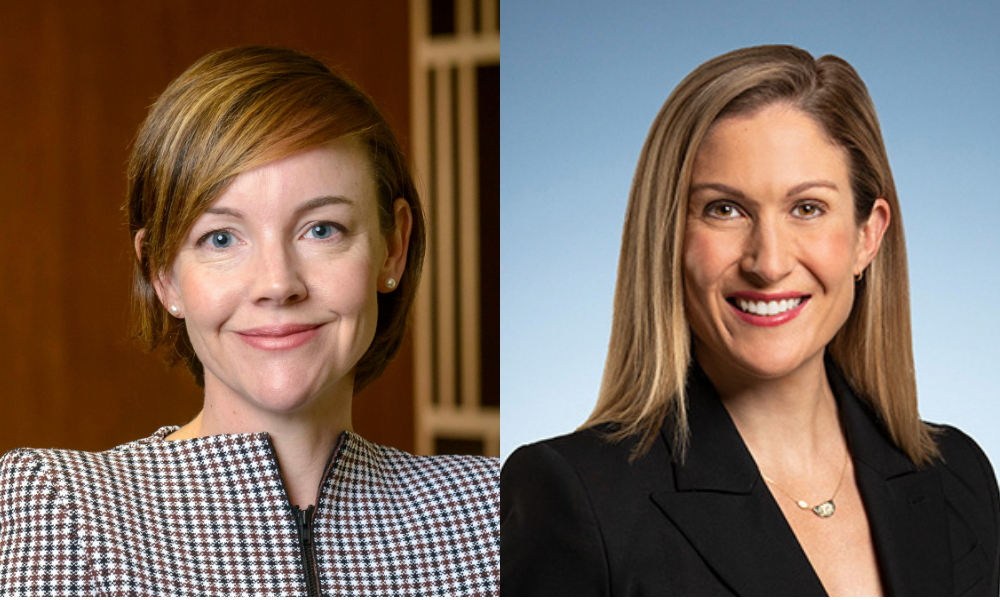
JWS and Thomson Geer discuss the media scrutiny of the star-studded case that captivated the world

On 1 June, one of the most sensational defamation trials in recent history came to a close in a Fairfax, Virginia court when a jury found that Hollywood actor Johnny Depp was entitled to US$10m in compensatory damages and US$5m in punitive damages in his legal bout against fellow actor and ex-wife Amber Heard.
The trial was streamed throughout its six-week run, and everyone from lawyer YouTubers to TikTokers shared their views on the proceedings. Even the stars’ legal teams received attention, with Depp’s lawyer and newly promoted Brown Rudnick partner Camille Vasquez becoming a minor celebrity.
However, the heightened scrutiny isn’t a good thing, two media law experts from Johnson Winter & Slattery (JWS) and Thomson Geer told Australasian Lawyer.
“This type of hype will always have the potential to prejudice a fair trial, and achieving a fair trial must always be the paramount concern,” said JWS dispute resolution specialist and incoming partner Eve Thomson. “The coverage may also have given the ‘audience’ here in Australia a warped view of the justice process.”
She pointed out that “much of the commentary on Depp and Heard could be considered defamatory in itself.”
“This was a case where the parties’ evidence was diametrically opposed. In other words, one of them had to be lying and commentators were not shy about drawing their own conclusions as to who that was,” Thomson said.
Thomson Geer media law partner Marlia Saunders added that Depp vs Heard may have generated “quite a few misconceptions about the legal profession and court process as a result.”
“If laypeople who watched the Depp trial think that this is a typical example of a defamation case, they would be in for a rude shock watching an Australian defamation trial,” she told Australasian Lawyer.
“The trial was like a Hollywood production, with worldwide live-streaming, famous actors and models in the witness box, fan clubs in the court gallery, and one party being mocked online with memes and torn apart by keyboard warriors. You have to wonder how a jury could not have been influenced by the avalanche of coverage and commentary, particularly on social media.”
Thomson and Saunders agreed that the conduct of the highly publicised case differed significantly from how defamation proceedings are handled in Australia.
“Depp v. Heard is a good example of where judicial processes in the US and Australia can wildly differ. Our courts, lawyers and media are very conscious of the role each of us has to play in ensuring a fair trial. Where a trial is ongoing before a jury, the media will generally carefully limit their reporting and commentary to matters which will not risk prejudicing a fair trial, or otherwise risk being in contempt of court,” Thomson explained to Australasian Lawyer.
“I can’t conceive of an Australian jury trial being subject to Depp v. Heard style contemporaneous media and social media comment. Defamation lawyers here in Australia could be affected if their clients have formed expectations from watching the trial. Experienced media clients already have a good understanding of how the Australian system works, but plaintiff lawyers may have a more difficult task managing expectations if their clients come to them anticipating the Depp v. Heard experience.”
High-profile defamation cases also get considerable publicity in Australia due to the parties involved; however, Saunders said that she was struck by the difference between US and Australian advocacy.
“They talk over the top of each other – and witnesses – a lot. While defamation matters in Australia are very hard fought, and there can be some pretty sensationalist submissions made at times (often for the benefit of the media), there seems to be a stricter code of etiquette and respect for opposing counsel in Australian courts,” she explained.
Saunders highlighted what she described as “an encouraging trend in Australian defamation matters.”
“It's very unusual that a case involving allegations of sexual abuse and domestic violence would be permitted to be live streamed. In relation to the upcoming Bruce Lehrmann trial, where he has pleaded not guilty to the alleged sexual assault of Brittany Higgins, the ACT Supreme Court has declined to even provide an audio-visual link to accredited journalists,” she pointed out.
Next week, Eve Thomson and Marlia Saunders share with Australasian Lawyer their biggest takeaways from Depp vs Heard and their thoughts on what Camille Vasquez’s performance in court means for women in law.
Thomson was among seven lawyers elevated to partner in JWS’ promotion round for July and is a key member of the firm’s media law team. Meanwhile, Saunders represented News Corp Australia in a landmark defamation case against Dylan Voller.